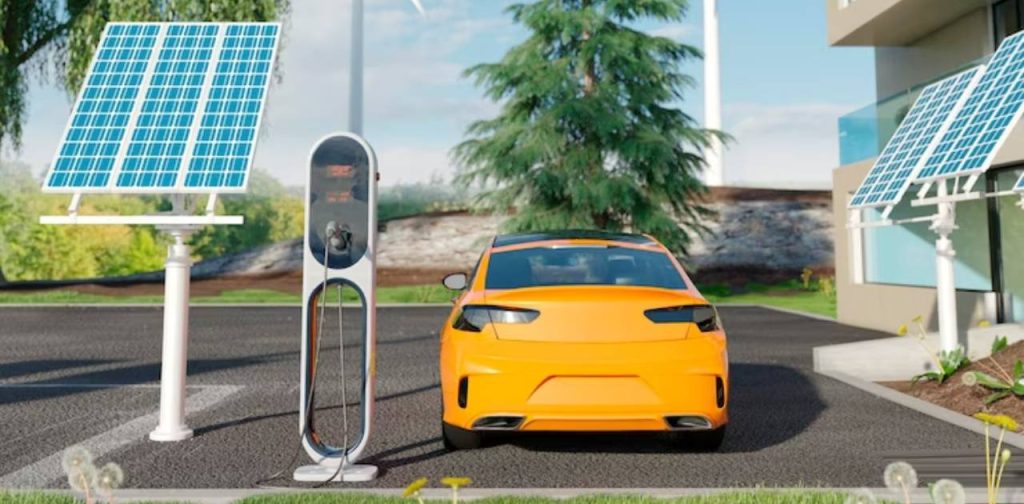Introduction
The transportation sector is one of the major contributors to global carbon emissions. As a result, there’s a growing interest in electric vehicles (EVs) as a sustainable alternative to traditional gasoline-powered cars. Among these, solar powered electric vehicles, which use solar energy as their primary source of power, have emerged as an exciting prospect.
The Promise of Solar-Powered Electric Vehicles
Solar-powered electric vehicles harness the power of the sun to charge their batteries, reducing the need for electricity from the grid. This has several advantages:
Reduced Carbon Footprint
By using solar energy, these vehicles produce zero tailpipe emissions, significantly reducing their carbon footprint. Furthermore, as the electricity grid becomes more renewable, the emissions from charging the vehicle’s battery will also decrease.
Energy Independence
Solar-powered EVs can generate their own electricity, reducing dependence on the grid. This is particularly beneficial in remote areas with limited access to charging infrastructure.
Cost Savings
While the upfront cost of solar-powered EVs can be higher than conventional EVs, the savings from reduced fuel and maintenance costs can offset this over the vehicle’s lifetime.
Challenges Facing Solar-Powered Electric Vehicles
Despite their potential, solar-powered EVs also face several challenges:
Efficiency of Solar Panels
The efficiency of solar panels is a key factor in the viability of solar-powered EVs. Currently, the best solar panels convert around 20-25% of sunlight into electricity. This means a large surface area is needed to generate enough power, which is a challenge given the limited space on a vehicle.
Weather Dependence
The performance of solar panels depends on weather conditions. They produce less electricity on cloudy days and none at night, necessitating the need for a battery or an alternative source of power.
High Initial Costs
The high initial costs of solar-powered EVs can be a barrier to adoption. These costs are due to the price of solar panels and the technology required to integrate them into vehicles.
Conclusion
Solar-powered electric vehicles offer a promising path towards sustainable transportation. However, significant challenges need to be overcome to make them a viable option for the mass market. Continued research and development in solar technology, battery storage, and vehicle design will be crucial in realizing the full potential of solar-powered EVs.





